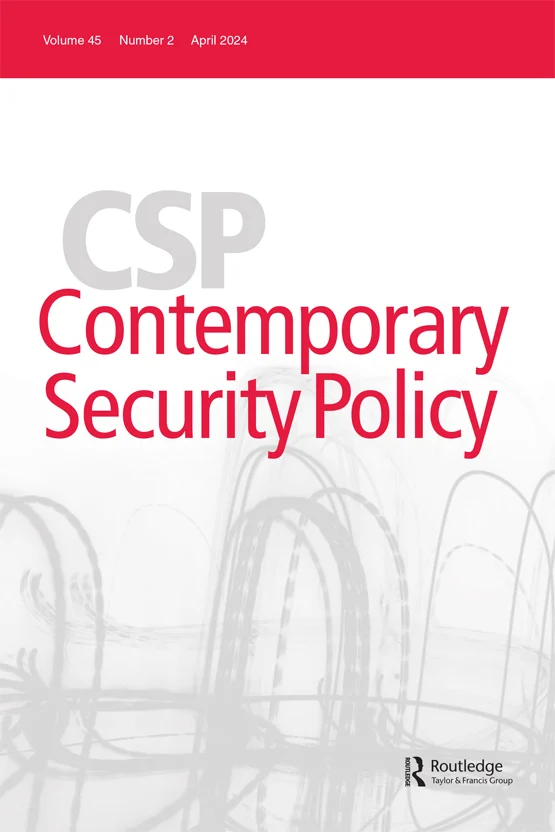和平的碎片:中国在维和人员伤亡问题上的政策领导
IF 5
1区 社会学
Q1 INTERNATIONAL RELATIONS
引用次数: 1
摘要
各国如何应对维和人员死亡?维和人员的死亡给派遣国带来了成本,导致重新计算自愿部队部署是否会带来好处。然而,目前尚不清楚的是,非民主政权类型的国家如何应对维和部队的死亡,随后的外交政策决定是否取决于继续向特派团提供部队的战术决定,以及各国是否对每一名维和人员的死亡都施加同样的费用,而不管死亡是如何发生的。本文建立在现有研究的基础上,对中国这个非西方、非自由的联合国部队派遣国进行了详细的案例研究。中国最近才经历过维和人员被恶意行为杀害的事件,这促使中国在维和人员安全和安保方面成为一个新兴的政策领导者。中国的政策回应突显出,它不愿接受联合国维和行动必然面临更高程度的危险,这对有关强力使用武力的辩论以及中国对待国际机构的态度都有影响。本文章由计算机程序翻译,如有差异,请以英文原文为准。
Peace by piece: China’s policy leadership on peacekeeping fatalities
ABSTRACT How do states respond to peacekeeper fatalities? Peacekeeper fatalities incur costs for contributing states, leading to recalculations of whether voluntary troop deployments generate benefits. Yet it remains unclear how states with non-democratic regime types respond to peacekeeping troop fatalities, whether the ensuing foreign policy decision rests on tactical decisions to continue troop contributions to the mission, and if states affix the same costs to every peacekeeper fatality regardless of how the fatality occurs. This article builds upon existing studies with a detailed case study of China, a non-Western, non-liberal UN troop contributor. China only recently experienced peacekeeper fatalities by malicious acts, which prompted China to become an emerging policy leader regarding peacekeeper safety and security. China’s policy response highlights discomfort about accepting higher levels of danger as a given for UN peacekeeping, with implications for the debate on the robust use of force and China’s approach to international institutions.
求助全文
通过发布文献求助,成功后即可免费获取论文全文。
去求助
来源期刊

Contemporary Security Policy
Multiple-
CiteScore
14.60
自引率
6.80%
发文量
22
期刊介绍:
One of the oldest peer-reviewed journals in international conflict and security, Contemporary Security Policy promotes theoretically-based research on policy problems of armed conflict, intervention and conflict resolution. Since it first appeared in 1980, CSP has established its unique place as a meeting ground for research at the nexus of theory and policy.
Spanning the gap between academic and policy approaches, CSP offers policy analysts a place to pursue fundamental issues, and academic writers a venue for addressing policy. Major fields of concern include:
War and armed conflict
Peacekeeping
Conflict resolution
Arms control and disarmament
Defense policy
Strategic culture
International institutions.
CSP is committed to a broad range of intellectual perspectives. Articles promote new analytical approaches, iconoclastic interpretations and previously overlooked perspectives. Its pages encourage novel contributions and outlooks, not particular methodologies or policy goals. Its geographical scope is worldwide and includes security challenges in Europe, Africa, the Middle-East and Asia. Authors are encouraged to examine established priorities in innovative ways and to apply traditional methods to new problems.
 求助内容:
求助内容: 应助结果提醒方式:
应助结果提醒方式:


